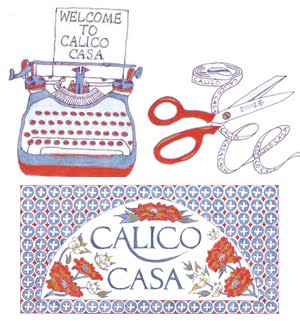When I was eight or so, I wrote a letter to Dame Miriam Rothschild, the
esteemed British natural scientist. I only knew of her because of my mother's
love of nature; and so one afternoon, after a long walk in the nearby park to
burn off steam, she persuaded me to write to her about the rhododendrons I'd spotted, bows heaving with the weight of the bright blossoms.
A month later, I received a typed letter in the post on thick, creamy
paper. It was, of course, from Dame Rothschild, and I could barely believe my
luck. It thanked me kindly for my correspondence, and expressed pleasure at my
love, and indeed hers, of the rhododendrons out in bloom. I was delighted, as most children are, to receive real hard-copy, personalised mail, with my name on
the envelope and sentiments expressed to me alone in its to-the-point prose. So
too was I pleased the simplicity of the whole business of letter-writing; but
for half an hour of concentrated study, I had convinced someone to dedicate
some of their precious time to me.




